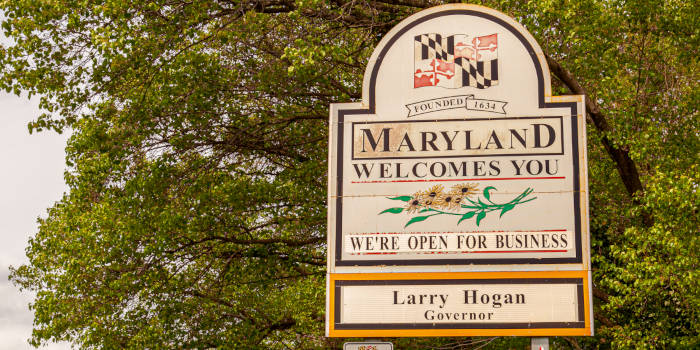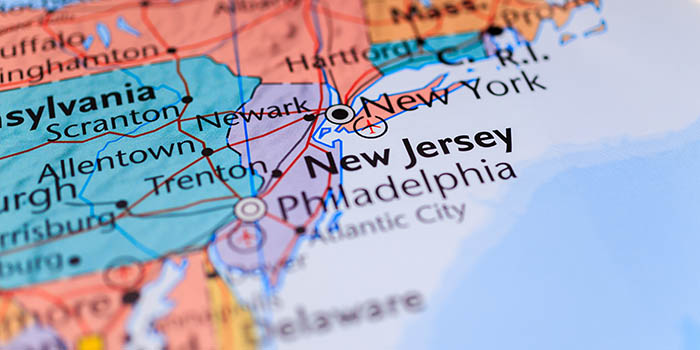Research Recommends Ban on In-Play Betting and Gambling Ads

Research on the impacts of sports betting in Massachusetts recommended the implementation of a number of restrictions, including bans on in-play betting and gambling advertising, as well as celebrity advertising endorsement.
Bans on In-Play Wagering, Gambling Ads
Commissioned by the Massachusetts Gaming Commission (MGC), the research seeks to provide an overview of legal sports betting in the state and its impacts on the local society and economy and to come up with recommendations for minimizing social and economic harm.
Based on the research findings, its authors recommended the implementation of several requirements for operators, including the provision of player data to the MGC regularly and further cooperation with researchers, as well as offering responsible gambling features on their online sites.
Researchers also recommended to the MGC to introduce a ban on in-play sports betting as this type of sports betting was found out to be mostly utilized by problem gamblers, and to restrict gambling advertising and celebrity endorsements for gambling advertising purposes.
Sports Betting Increases Gambling Harm
By examining the current status of sports betting nationwide, conducting a literature review on the demographic and behaviors of sports bettors and reviewing the findings from state studies since 2013 and US national surveys from 2018, the research found out that, although sports betting occurs in all demographic groups, it seems to appeal most to young, well-educated men.
There is an increase in participation since the introduction of sports betting in 2018, which is also linked to an increase in gambling harm, both in the state and nationally, researchers concluded.
Among gamblers, the research singled out sports bettors as those suffering from gambling harm most due to the wide range of gambling activities at their disposal but noted that despite expectations that problem gambling would increase alongside the increase in participation, the impact would likely be modest due to the small proportion of 13%-20% of the population participating.
“That said, concerns remain about groups not previously involved in sports betting, such as adolescents, young adults, women, immigrants, individuals in recovery from gambling problems, and college athletes,” researchers concluded.
Limited Economic Benefits
As for the economic impact of sports betting, researchers stated that existing research on the subject is very little, with mixed evidence of substitution or cannibalization of other types of gambling by sports betting, and while revenue maximization requires online and land-based operators, maximizing operators’ revenue is not equal to maximizing the economic benefits for the state.
Arguing that there is limited potential for net economic benefits for Massachusetts by redirecting to the state money that now goes towards illegal gambling, creating jobs and tax revenue, there is significant potential for economic harm if sports betting leads to higher rates of gambling harm and a significant portion of the operators’ revenue leaves the state.
With 4 years experience as an analyst, Julie—or ‘Jewels’, as we aptly refer to her in the office—is nothing short of a marvel-worthy in her attention to the forex and cryptocurrency space as she quickly became the first pick to co-pilot education to the masses with Mike.















